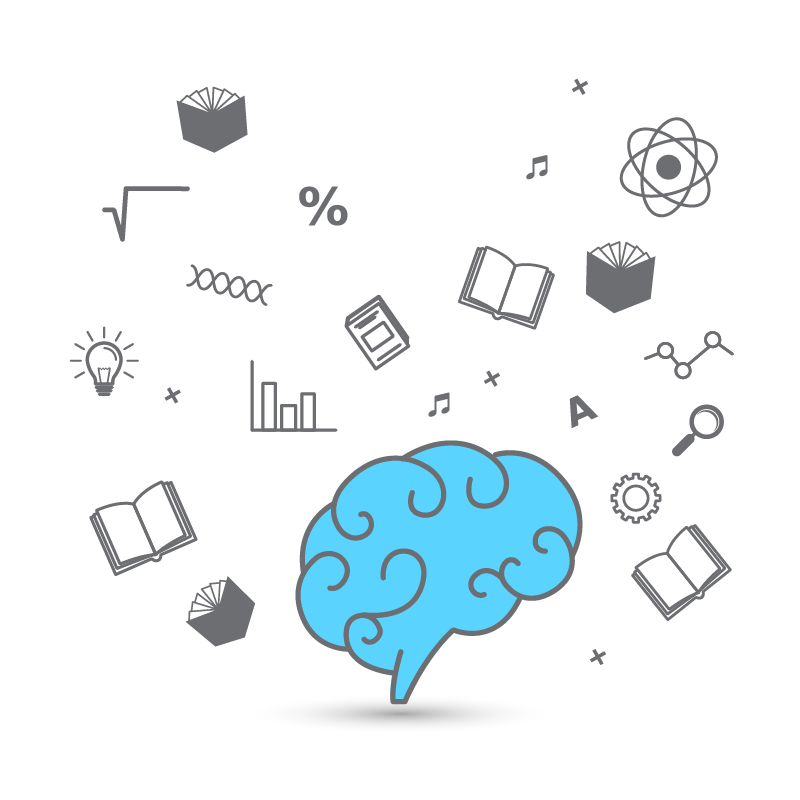How AI is Reshaping Students' Learning, and the Hidden Dangers to Watch Out For

AI has emerged as an extremely valuable tool for our modern generation to gain access to new information, and to better help the coming age of scholars and civilizations , while Ai offers many benefits towards our society, it also comes with many drawbacks as well. This article will explore the pros and cons of AI for students, giving more clarity of the growth of our students education while also shining light on its need for caution.
Educational tools powered by advanced AI can provide personalized learning experiences that adapt to the unique needs of students. By analyzing individual strengths and weaknesses, these systems can offer tailored instructional content and adaptive feedback that maximize learning potential and provide targeted academic support.
AI-based technologies also have vast potential in making education more accessible, enhancing opportunities for students with disabilities. By utilizing tools like speech recognition software and text-to-speech converters, students with visual and auditory impairments can access educational material on their own. Additionally, AI-powered translation tools offer great aid in facilitating language learning for students from linguistically diverse backgrounds.
Promoting self-directed learning, AI opens up a broad scope of educational resources and information for students. Virtual learning, online courses, and intelligent tutoring systems are made available through this advanced technology.
The integration of AI in education can worsen the issue of inequality while also endangering privacy. The tools that operate on the power of AI may not be readily available to students hailing from marginalized upbringings hence, a digital divide arises. AI-powered systems are equipped to accumulate and scrutinize student data which further invites issues pertaining to confidentiality. For this reason, it is imperative to enact protective measures to shield invaluable information while also guaranteeing that all students can access these resources on equal grounds.
Inhibiting critical thinking and problem-solving skills in students may arise when an excessive dependence on AI systems is present. When automated feedback and answers are the only source utilized, a lack of active engagement, independent thinking, and creativity may emerge, negatively impacting the learning process.
AI systems rely heavily on the data they are trained on, which ultimately governs their ethical standards. The accuracy of AI models may be threatened if biases are present within training data, thus leading to perpetuated discrimination and reinforcement of poor stereotypes. This highlights the importance of ensuring fairness within AI systems.
By supporting individualized learning, increasing accessibility, and providing sophisticated educational resources, AI has the potential to revolutionize the way we teach. Nevertheless, it is important to acknowledge that AI can have detrimental effects on students, including ethical concerns, dependence on technology, and equity issues. It is of the utmost importance to find a middle ground between taking advantage of AI's benefits and circumventing its potential threats. To create an educational future that benefits every student, educators, policymakers, and other stakeholders must work hand-in-hand to fully utilize the advantages of AI while ensuring just utilization and even handed access





